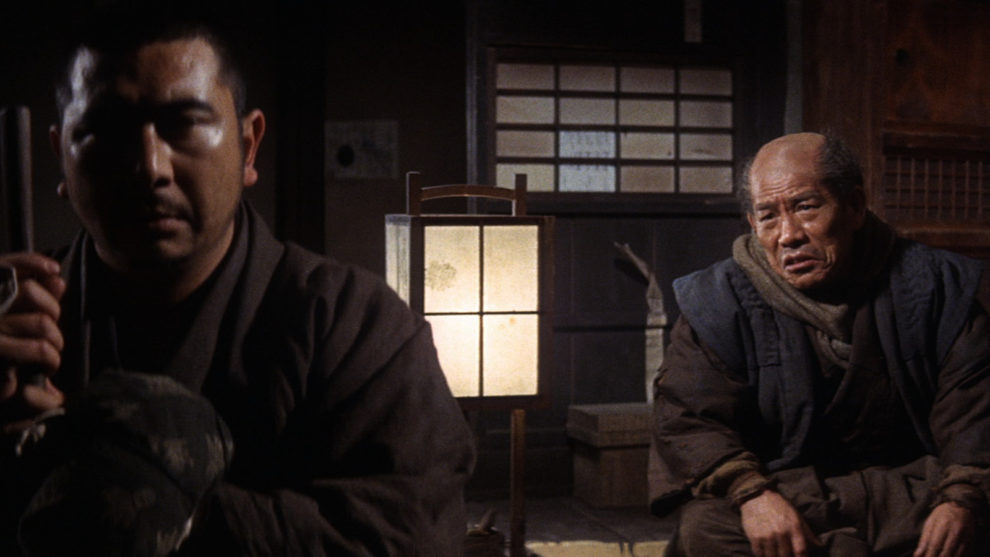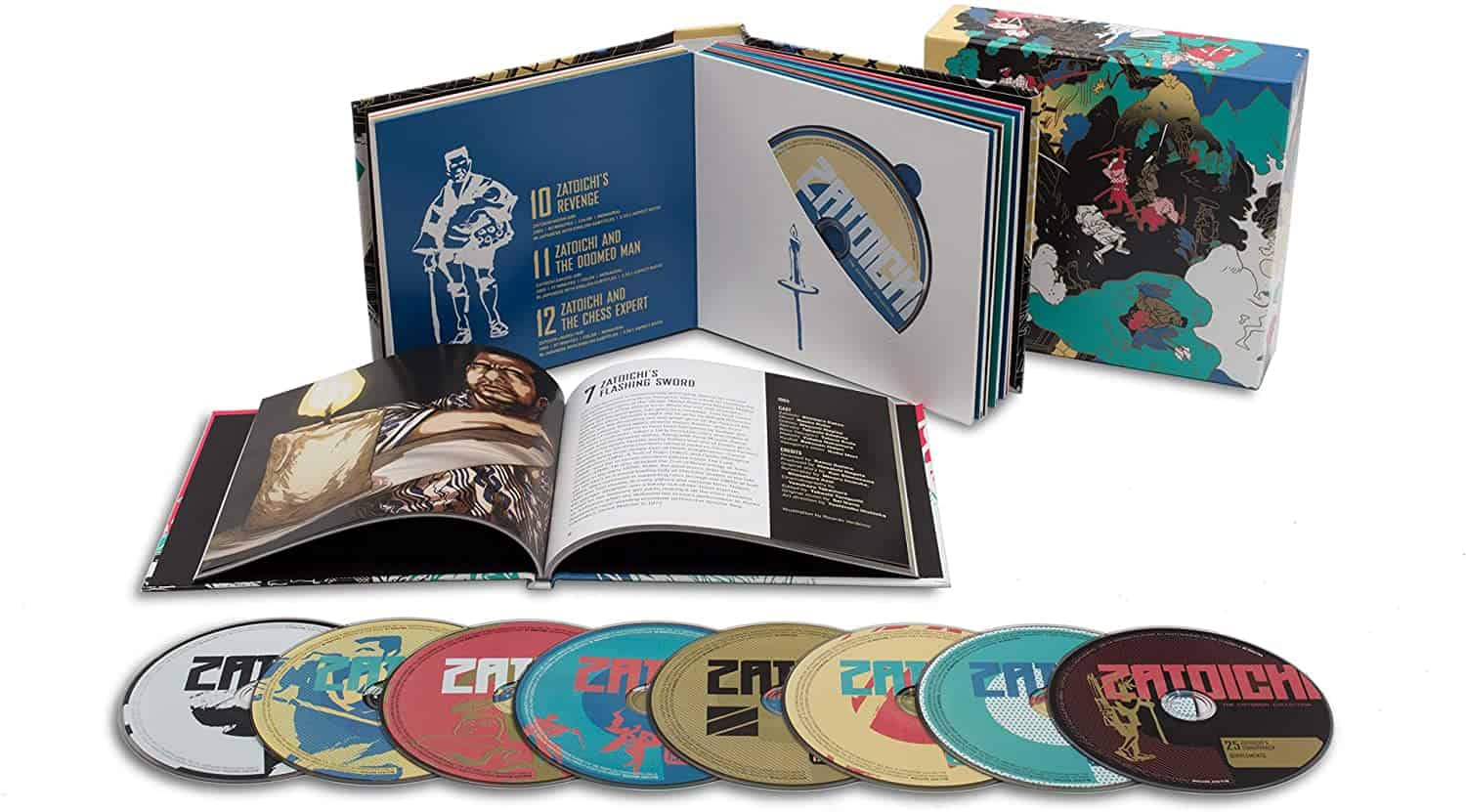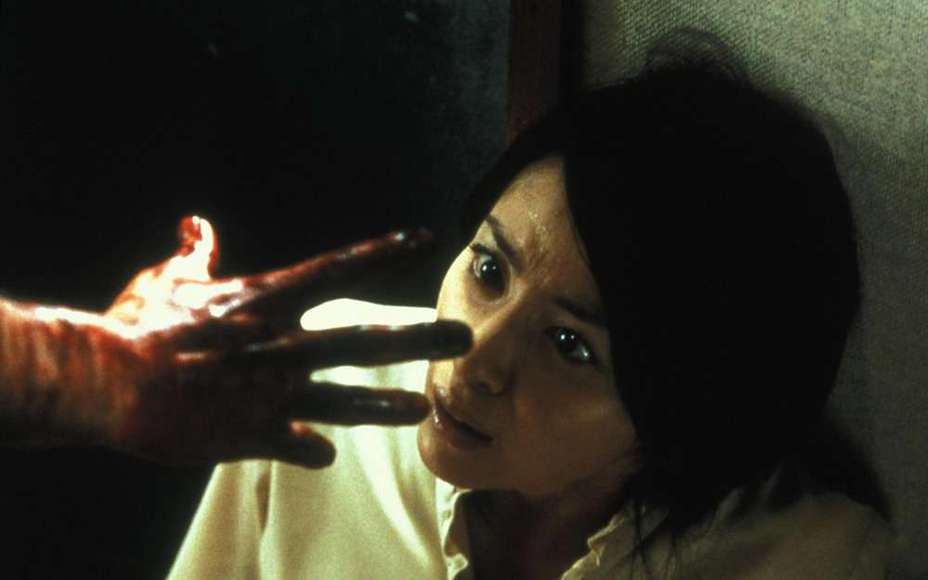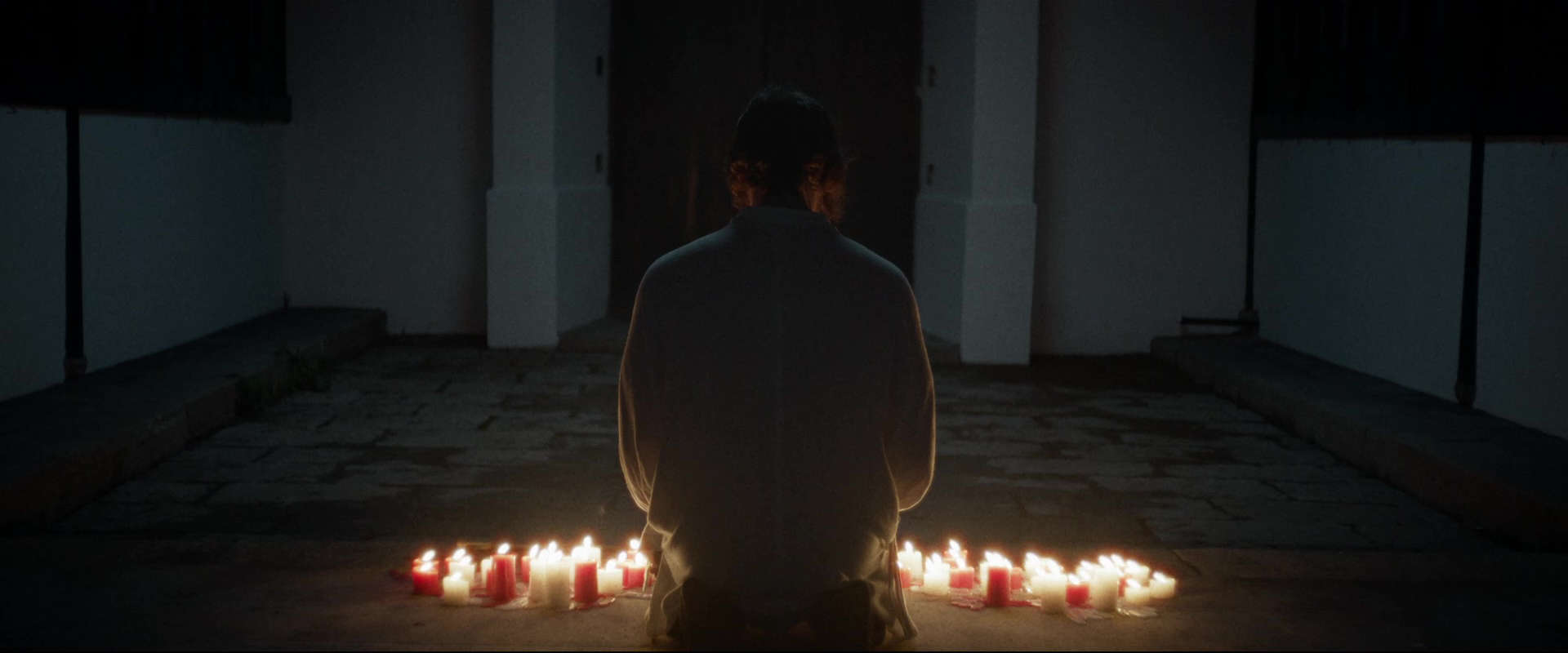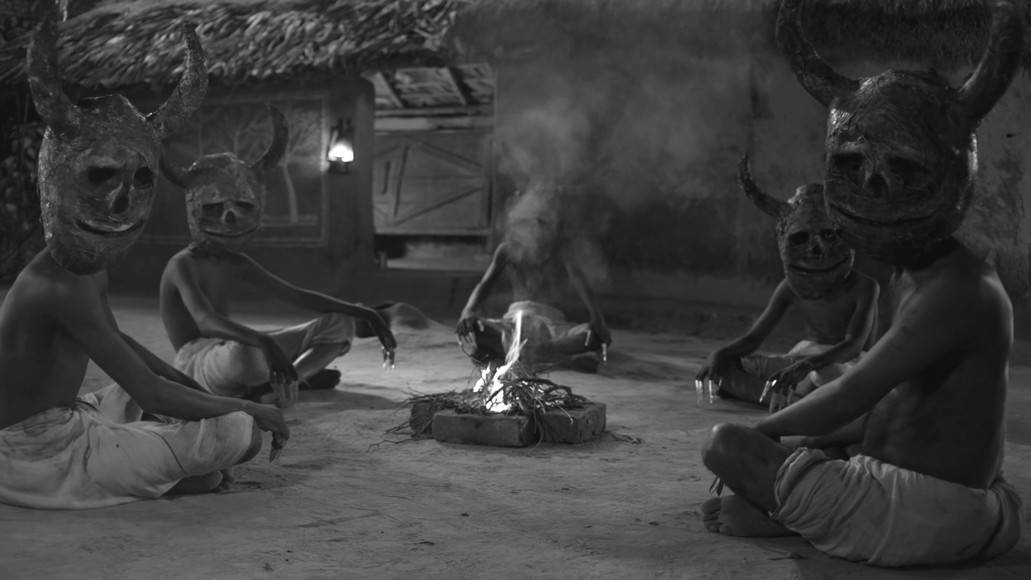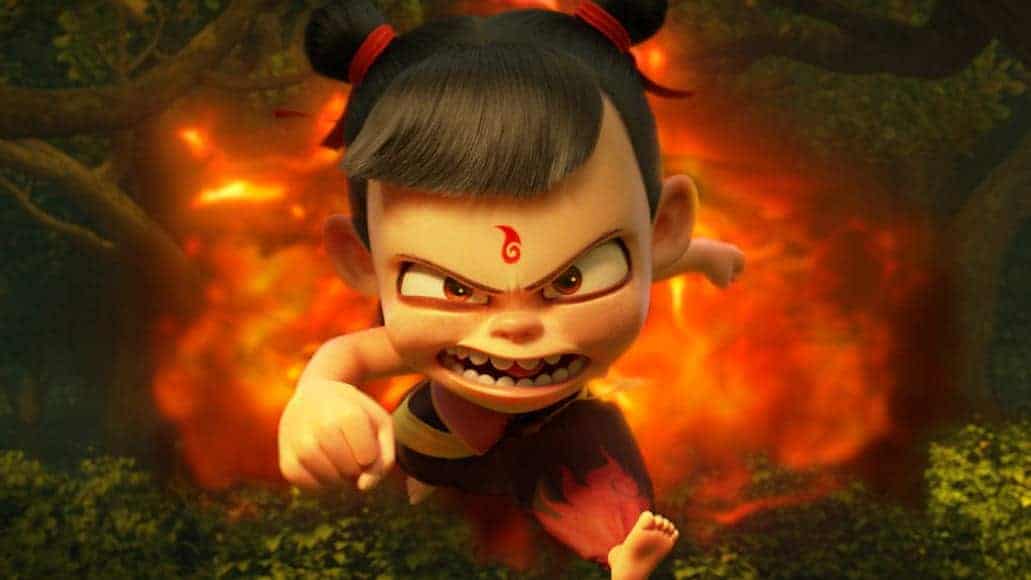After 1966's “Zatoichi's Pilgrimage”, the altogether fifteenth installment of the popular series revolving round the blind masseur with the incredible sword skills sees the return of seasoned director Kimiyoshi Yasuda, who previously helmed “Zatoichi on the Road” as well as “Adventures of Zatoichi”. Along with many other creative minds who have shaped the series, giving each episode a unique style and also at times another piece in the overall image the audience has received of the character played by Shintaro Katsu, Yasuda has given his features an interesting blend of following the formula but also questioning the roots of the protagonist, which is also due to the script written by Ryozo Kasahara with regard to “Zatoichi's Cane Sword”. In many ways, this installment might even be regarded a companion piece to the previous entry by Kazuo Ikehiro considering it revolves around the question of how much of Zatoichi's skill is dependent on pure chance as well as the craftsmanship behind his must trusted companion, his cane sword.
Buy This Title
However, the beginning follows a very common thread in the series, when on his travels the blind swordsman comes across a dying man, a gangster as we soon find out, who directs him to a town called Ashikaga. Feeling responsible to tell the next of his kin of the deceased what has happened, Zatoichi makes his way to the place, and is picked up by a group of traveling merchants and artists wanting to earn some money at a festival. In town, after having earned quite a lot of money at gambling, Zatoichi makes the acquaintance of Senzo (Eijiro Tono), who recognizes the masseur's cane sword as one of the last works of his mentor, who died many years ago, but also the state the weapon is in. Upon closer inspection, he tells Zatoichi he might strike one more opponent, before his weapon breaks, and he will be left unprotected.
Seeing this as a chance to start a new life, he gives his sword to Senzo and is hired as a masseur at a local inn. Since the innkeeper's adopted daughter Oshizu (Shihoi Fujimura) has taken a liking to the charming and skilled masseur, he gets the job, but also bears witness to the boss of local gang dealing with a corrupt government official in a scheme to take over the town and the business of the same gangster who died in Zatoichi's arms. Even though he has no means to defend himself against the thugs and sword fighters of the gang, Zatoichi eventually decides to step in, and thus risk his life for the benefit of others.
Over the course of the series, we have seen Zatoichi in doubt and at times attempting to repent for the many people he has slain, but there has been rarely a time when we have seen him in fear, confronted with the possibility of his actual demise. Throughout the story, this possibility creeps into the swordsman's mind quite a few times, with dreams of his childhood and one in which he is lethally wounded in battle, showing the impression Senzo's words have had on him. In one of the key moments possibly in the whole series the experienced blacksmith and craftsman poses the question if Zatoichi's continuous victories are also subject to chance and the quality of his sword. While his skill is still undeniable, there is a moment of realization on the masseur's face, a possible hint at the foundation of his character, his reliance on fate and whether he truly has it in his own hand to steer away from what could be death in battle, or rather make a more honest and stable living. The reflection on his past, as seen in the dream sequence, seems to refer to scenes in “Zatoichi's Pilgrimage” as they underline the amount of regret and guilt Shintaro Katsu's character feels, not just for his victims but also for the way his own life turned out.
Considering he has given away his cane sword, for some part of the story, Zatoichi becomes essentially a side character, an observer or listener rather than a participant in what is essentially a reflection of his own contemplation on chance and fate. Especially the characters played by Shihoi Fujimura and Eiji Tono show similar traits, in particular when faced with a revelation which changes their whole view on life.
Aside from these themes and images, which have become featured in quite a few entries of the series, Kimiyoshi Yasuda's feature of course makes use of trademark elements in the story of the blind masseur. As usual, especially the finale includes some rather impressive fight and swordplay sequences, demonstrating the finesse of Senkichiro Takesda's cinematography and the editing done by Toshio Taniguchi.
In the end, “Zatoichi's Cane Sword” is a much worthy continuation of the franchise surrounding the iconic character played by Shintaro Katsu. While the plot may seem a little convoluted at first, its references to themes like chance and luck along with how these have shaped the central character and those he encounters in the course of the story, make this an entertaining and certainly interesting addition to the series.


